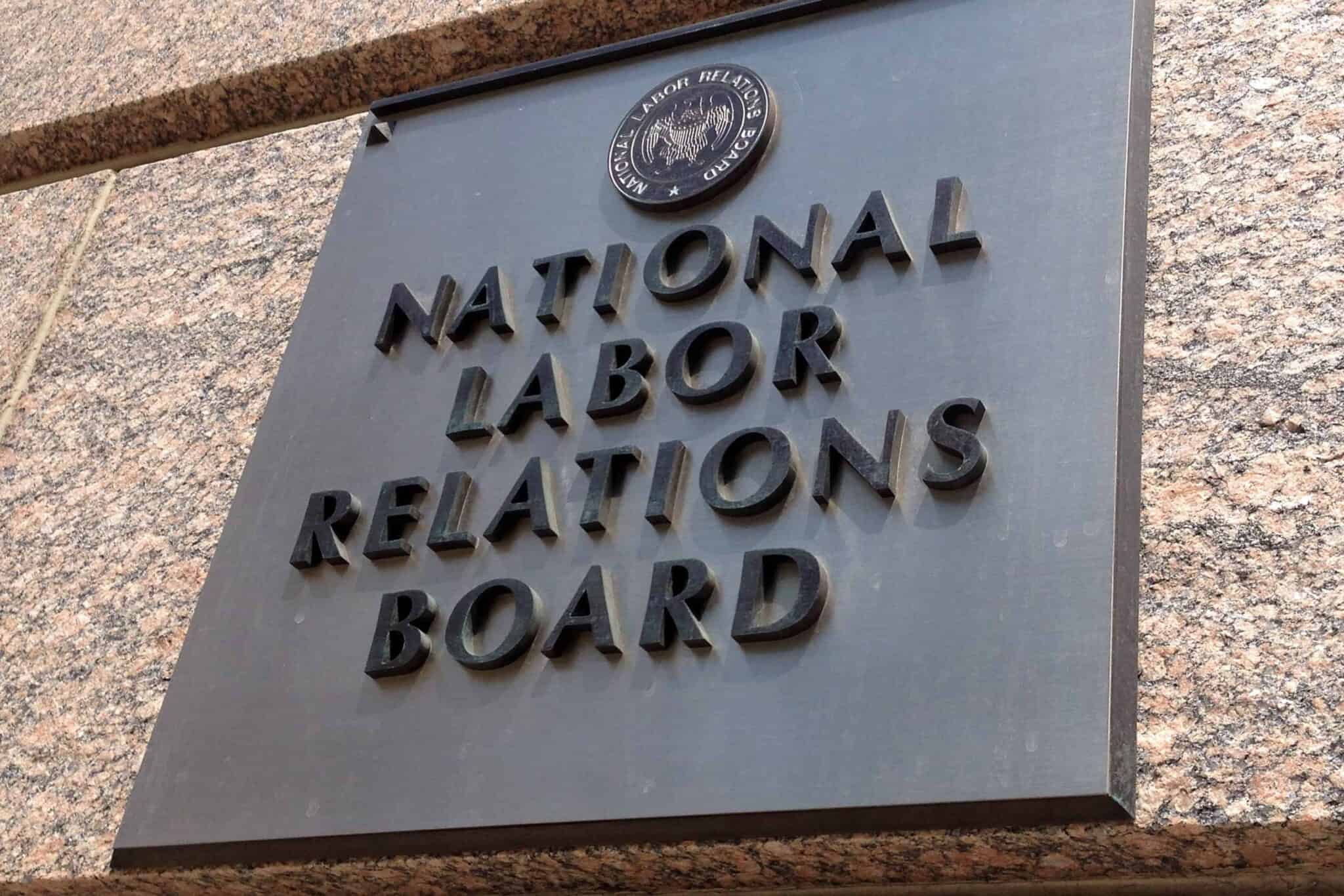Luke Hinrichs is a student at Harvard Law School.
In today’s news and commentaries, NLRB General Counsel issues memorandum reaffirming commitment to using 10(j) injunctions after Supreme Court decision; Department of Labor obtains permanent anti-retaliation injunction to protect probationary employees at the USPS; and new Economic Policy Institute report investigates the rise in union curious workers.
The National Labor Relations Board (NLRB) General Counsel Jennifer Abruzzo issued a memorandum to all field offices reaffirming her “intention to aggressively seek Section 10(j) injunctions” following the Supreme Court’s recent decision in Starbucks Corp. v. McKinney, which set a uniform four-part test applicable to all Section 10(j) injunction petitions. Section 10(j) of the National Labor Relations Act (NLRA) authorizes the NLRB to seek injunctions against employers and unions in federal district courts to stop unfair labor practices and ensure that employees’ rights are adequately protected from remedial failure. Although the Supreme Court decided a circuit split by adopting a more demanding standard, General Counsel Abruzzo noted that the decision will not have a significant impact on the NLRB’s Section 10(j) program. According to the memorandum, the NLRB has a “high rate of success in obtaining Section 10(j) injunctions under the four-part test, a success rate equivalent to or higher than the success rate in circuit courts that applied the two-part test.”
The Department of Labor obtained “the broadest permanent anti-retaliation injunction to date” after the U.S. District Court for the Western District of Washington in Tacoma issued a consent judgment permanently preventing the U.S. Postal Service (USPS) from retaliating against employees at up to 59 locations in the State of Washington. The court order requires that the USPS: provide probationary employees who report workplace injuries equal opportunity to pass probation; provide probationary employees with information on workplace injury rights; have a labor relations officer review all proposed terminations of probationary employees who reported a workplace injury; and provide workers with a specific notice and training related to employees’ rights to report work-related injuries. The legal action followed three separate Occupational Safety and Health Administration (OSHA) investigations, concluding the USPS improperly fired probationary workers after they reported workplace injuries. Along with the permanent injunction, the consent judgment also requires the USPS to pay $183,732 in lost wages, interest and damages to the unlawfully fired employees. Since 2020, the Department of Labor has sued the USPS to protect probationary employees who faced similar retaliation after reporting workplace injuries in California, Oregon, Pennsylvania, and Washington.
A new report published by the Economic Policy Institute investigated the rise of “union curious” workers or workers who report being unsure about whether they would vote for union representation. While support for labor unions among the U.S. public remains at record highs and there is evidence of greater support for unionization among workers, there is an increasingly large share of workers who are uncertain or ambivalent in their attitudes about unions and unionization. The researchers found a significant generational divide that was not apparent even a few years ago in which workers aged 30 and under are far more likely than older workers to report both support for and uncertainty about unionization. The report argues that the high rates of uncertainty relate to workers being unsure about unionization benefits and lack of exposure, direct or indirect, to union activity. For the researchers, the rise of the union curious matters for unionization efforts and the longevity of union support in the future.






Daily News & Commentary
Start your day with our roundup of the latest labor developments. See all
February 13
Sex workers in Nevada fight to become the nation’s first to unionize; industry groups push NLRB to establish a more business-friendly test for independent contractor status; and UFCW launches an anti-AI price setting in grocery store campaign.
February 12
Teamsters sue UPS over buyout program; flight attendants and pilots call for leadership change at American Airlines; and Argentina considers major labor reforms despite forceful opposition.
February 11
Hollywood begins negotiations for a new labor agreement with writers and actors; the EEOC launches an investigation into Nike’s DEI programs and potential discrimination against white workers; and Mayor Mamdani circulates a memo regarding the city’s Economic Development Corporation.
February 10
San Francisco teachers walk out; NLRB reverses course on SpaceX; NYC nurses secure tentative agreements.
February 9
FTC argues DEI is anticompetitive collusion, Supreme Court may decide scope of exception to forced arbitration, NJ pauses ABC test rule.
February 8
The Second Circuit rejects a constitutional challenge to the NLRB, pharmacy and lab technicians join a California healthcare strike, and the EEOC defends a single better-paid worker standard in Equal Pay Act suits.